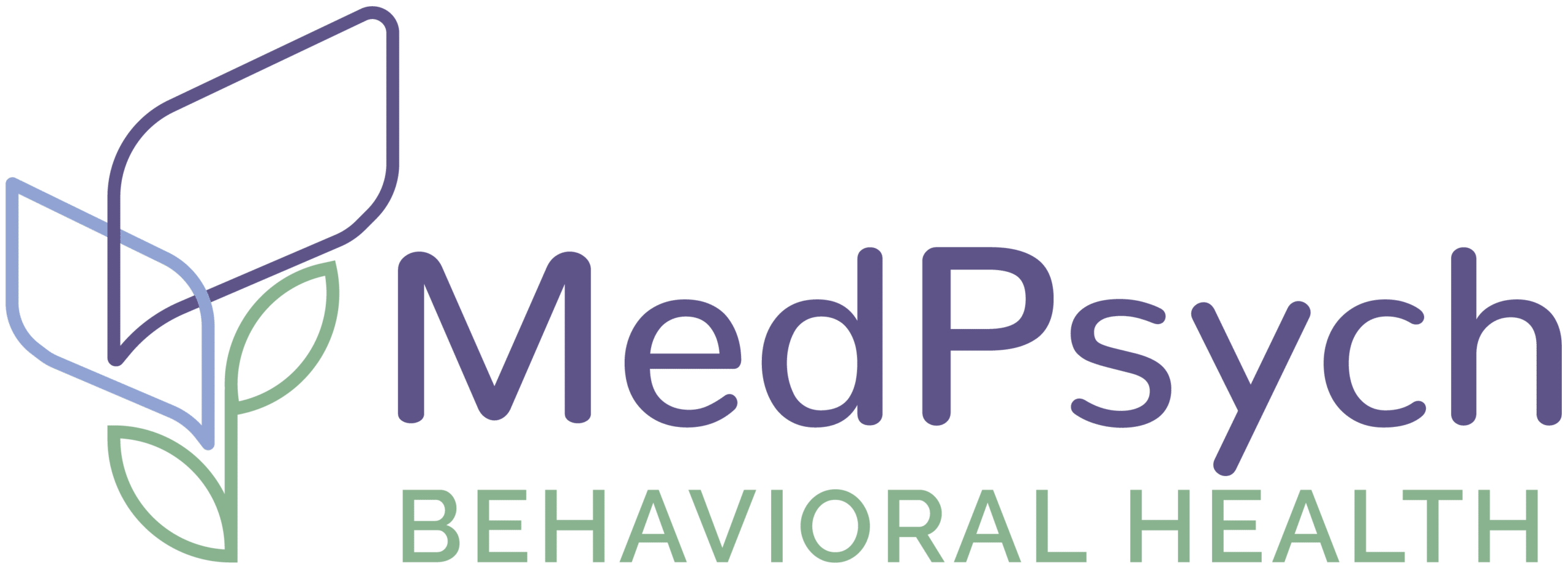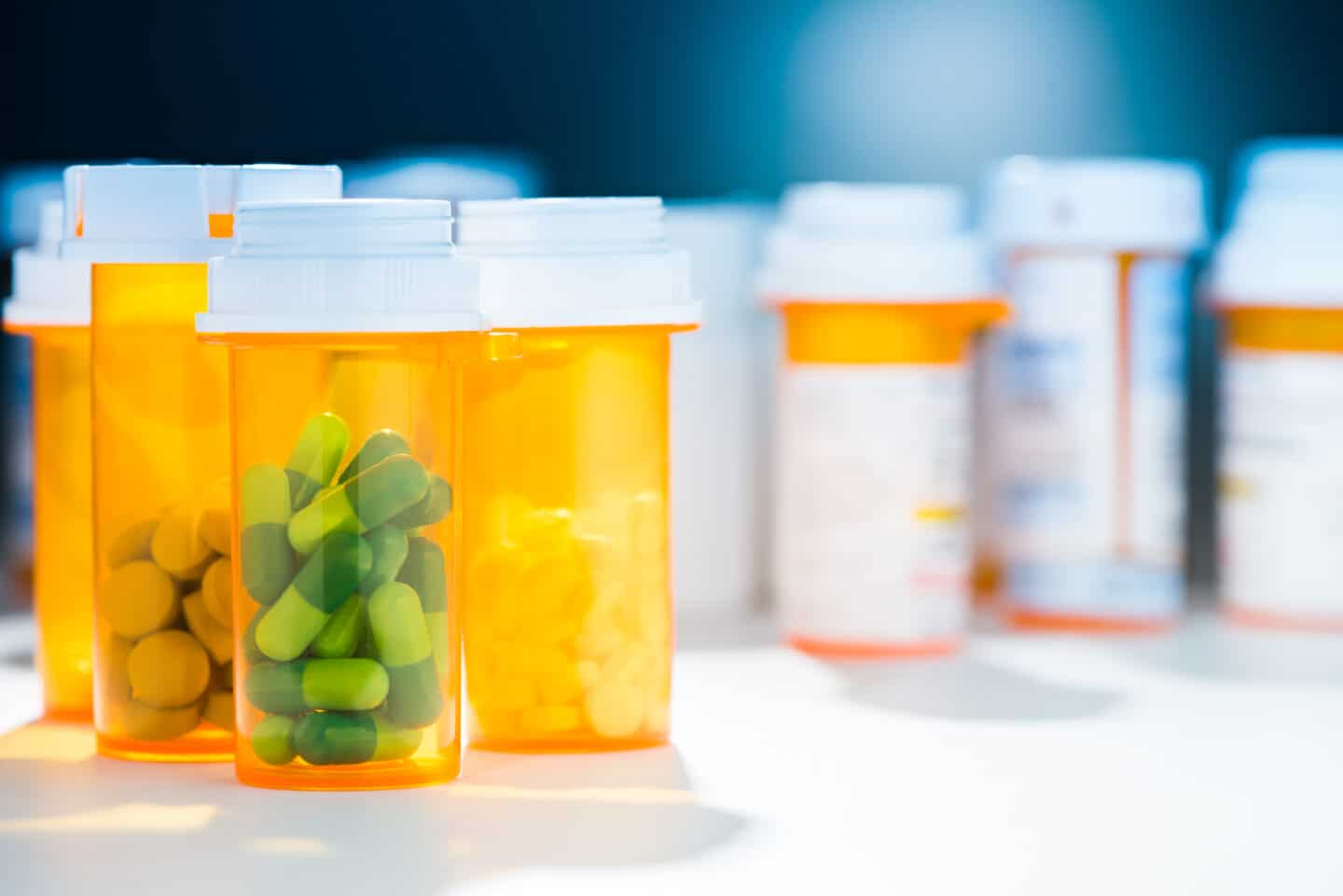By Mohab Hanna, MD, Child and Adolescent Psychiatrist
One of the most challenging things that we all face as parents is making medical decisions for our children. This is a unique responsibility that every parent has when it comes to those decisions. Many medical decisions are thankfully straightforward but navigating the world of psychiatric medications in kids and teenagers is a challenge for many parents. Figuring out the best path forward is not always clear and at times results in much trepidation and angst for many parents. This is not necessarily a bad thing. It is good to be thoughtful and to do your homework and research before you agree to putting your son or daughter on psychiatric medications. The decision to put a child or teenager on any kind of psychiatric medication is a serious decision.
It is essential as a parent to have a very clear understanding of the psychiatric diagnosis being treated as well as how the psychiatry provider arrived at that decision. We don’t prescribe psychiatric medications for symptoms or to “just see if the medication helps”. All psychiatric medications have potential negative side effects so there needs to be clarity and as much precision as possible on what the target is. Just because your son or daughter has a diagnosis of ADHD, Generalized Anxiety or depression doesn’t mean that psychiatric medications should be tried. It is essential to evaluate the degree of severity of the psychiatric condition. This is something that the provider needs to evaluate based on the frequency, intensity, and duration of the symptoms as well as the level of interference of function as a direct result of the psychiatric condition.
For example, If your son or daughter is struggling with anxiety, there needs to be clarity on the severity of the anxiety. Mild to moderate anxiety in children and adolescents should be first addressed by cognitive behavioral therapy (CBT) before medications for anxiety should even be considered. The typical medications used in both the treatment of anxiety and depression in children and teenagers are the Selective Serotonin Reuptake Inhibitors (SSRIS) such as Fluoxetine (Prozac), Sertraline (Zoloft), Escitalopram (Lexapro) and Fluvoxamine (Luvox). There are other medications of course but these are the most common medications that are used in kids and teenagers. As a class these medications have some potentially serious side effects such as worsening mood, agitation and onset of suicidal thoughts. This is the reason that we insist that the potential benefit of the SSRIS outweighs their potential negative risks. In addition, other treatment options must be explored before we consider a medication. Severity of the anxiety or depression matters greatly. If the psychiatric condition is severe, then that needs to be factored into the decision.
This concept would apply to other conditions in children and teenagers. If we are treating ADHD or OCD, the same rules apply. We evaluate the severity and the benefit vs risks. There also needs to be a clear understanding of the risks of not taking psychiatric medications. Medications for ADHD, anxiety, and depression can be extremely helpful in those cases where they are warranted and necessary. The essential role of the prescriber is to evaluate whether there is a true biological chemically based problem going on that will benefit from the use of a psychiatric medication. There are many situations where we see kids struggle with anxiety and depression that can even be severe but is not biologically based. In those situations, it is essential that we don’t just prescribe a medication but pro-actively address the situations and contexts that are causing the problem.
If the decision is made to initiate a medication trial, there must be regular monitoring and oversight by the psychiatry prescriber to evaluate the effectiveness as well as the tolerability of the prescribed psychiatric medication. This must be the case for all psychiatric medications regardless of the class or type of medication. Every one of these medications whether it is Prozac or Vyvanse or Ritalin needs regular medication monitoring.




